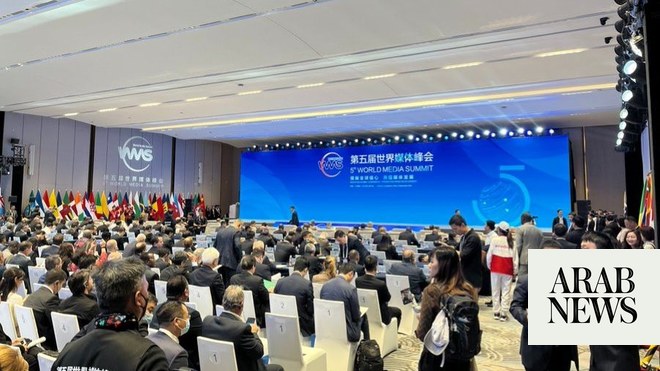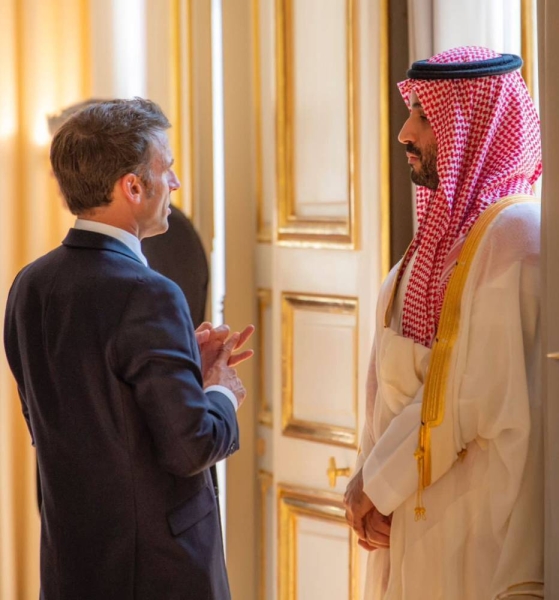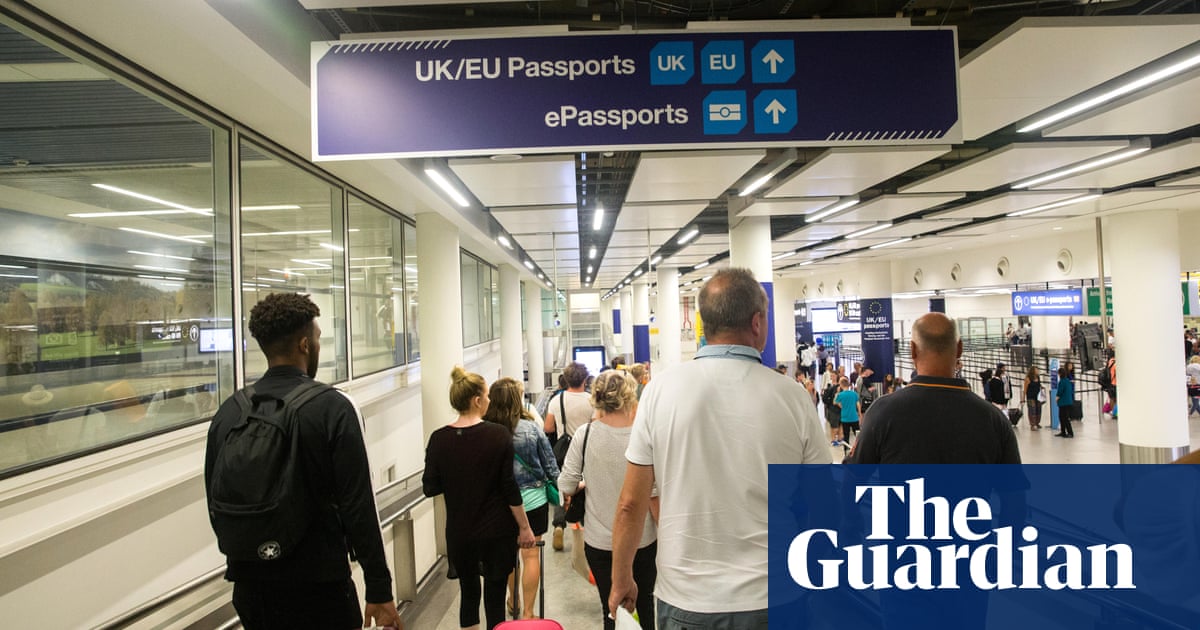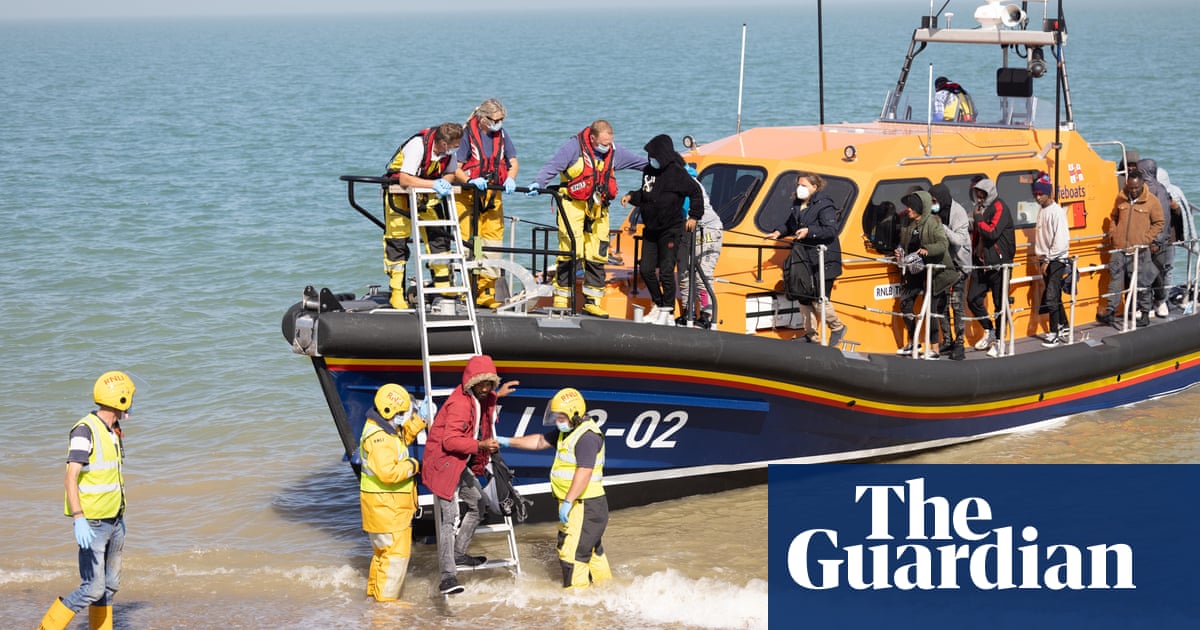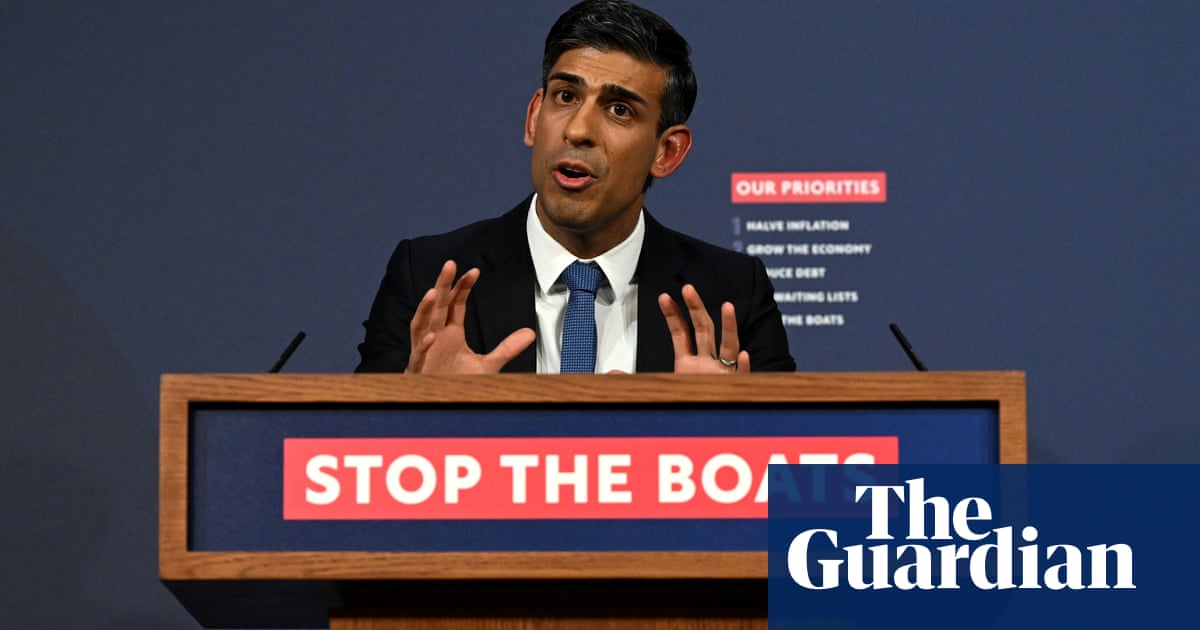
Public spending on the asylum system has quadrupled under Conservative-led governments, according to official figures, as Rishi Sunak prepares to discuss ways of reducing the number of people seeking asylum with other European leaders.
Labour has unearthed figures that show the amount spent on the asylum system has increased from £550m in 2012 to £2.1bn in 2021.
There was a further substantial increase in 2022, as slower asylum decisions and Suella Braverman’s last-minute decision-making led to an increase in costly hotel use, the party has claimed.
Asylum spending figures taken from the first financial year of the Tory-led coalition government in 2010 showed that £567,856,116 was spent processing asylum claims and on accommodation. By 2021-22 that had risen to £2,115,584,829.
It is expected to increase further when the figures for 2022-23 are published, as recent estimates show that an additional £2.4bn from the overseas aid budget was used to support the asylum system on top of normal costs.
Last week, the government announced that the asylum backlog had reached a new record high of 173,000.
Over the past year, only 1% of small boat asylum cases have had a decision made. Since 2011, the productivity rate of Home Office caseworkers has fallen from 14 decisions a month in 2011 and 18 in 2016 to just five a month in the last financial year.
Yvette Cooper, the shadow home secretary, said: “Nothing the government is doing is working, and their legislation is making the situation worse with more people stuck in the system than ever before.”
Sonya Sceats, the chief executive at Freedom from Torture, said: “The tragedy is that these figures do not reflect an increase in protection to people fleeing torture and persecution.
“Asylum decision-making has almost ground to a halt under this government, with vulnerable men, women and children left in limbo and shunted into cramped hotel rooms for years on end.”
The figures have been released as the prime minister prepares to discuss border security at a gathering of leaders at the European Political Community (EPC) in Moldova.
Initially envisaged by the French president, Emmanuel Macron, as a platform for unity across the wider European front, the EPC will bring together the leaders of the 27 EU member states, as well as 19 other countries including the UK, Ukraine, Turkey and Moldova’s Balkan neighbours.
Addressing the meeting, the prime minister will say that Europe is facing unprecedented threats at its borders from Vladimir Putin’s Russia and a rise in “illegal immigrants”.
“From Putin’s utter contempt of other countries’ sovereignty to the rise in organised immigration crime across our continent … we cannot address these problems without Europe’s governments and institutions working closely together. In every meeting, every summit, every international gathering like this, the security of our borders must be top of the agenda.
“The UK will be at the heart of this international effort to stop the boats and defend our national security,” he will say.
The prime minister will announce the start of negotiations on a new returns agreement with Moldova and confirm that a similar deal struck with Georgia has entered into force. Sunak will also announce a partnership with Bulgaria to help officials destroy the business model of people-smuggling gangs.
The meeting will be a chance for the EU to show support for the Moldovan government, which has been under pressure to fall into the Kremlin’s orbit. Other items on the agenda will include Moldova’s security and energy supplies that have been part-funded by the European Bank for Reconstruction and Development.
Commenting on the asylum figures, a Conservative spokesperson said: “Labour’s approach to asylum was a disastrous open door policy coupled with massive amnesties.”




